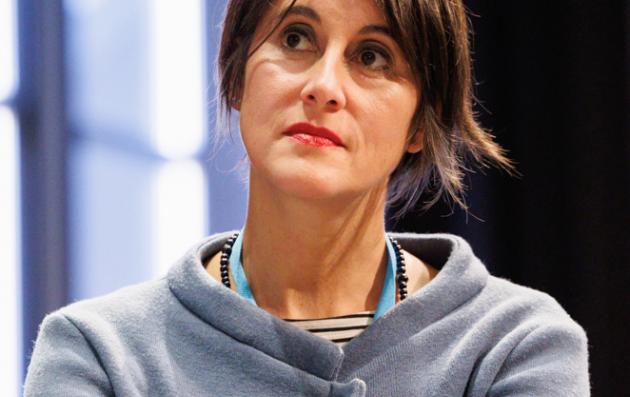
Validated Expert info
Expert can perform Ad hoc expertise missions at network and programme level in relation to:
1. The design and delivery of (transnational) exchange and learning activities
2. Thematic expertise:
[Communication, Culture, Urban design]
Summary
I worked until 2005 in Barcelona in the fields of architectural and urban design, and in the architectural publishing field. In 2006 I graduated in Architecture at the Politecnico di Torino and received a study grant in its Architecture and Design Department of Politecnico di Torino. I obtained the Advanced course in “Sustainable Urban Development” at the Venice IUAV University on 2011, and a Ph.D. in Public Policies at the Venice IUAV School of Doctorates on april 2013, with a work on the urban crisis and deindustrialization processes in the city of Detroit. In 2007 I joined Urban Center Metropolitano Torino (today Torino Urban Lab), where since 2014 I am working as Regional Development manager, taking care of the EU programming scientific coordination, international networking and partnerships, and researching on urban policy-making processes in Torino and its metropolitan area. Since 2014 I work as Adjunct professor at Politecnico di Torino (Interuniversity Department of Regional and Urban Studies and Planning), teaching landscape and urban design. In april 2021 I was appointed Cultural Heritage Expert for UIA - Urban Innovative Actions (today European urban Initiative) programme, with the task to consulting the City of Halandri (Greece) in the development of the Cultural H.ID.RA.N.T project.
As a practitioner, professor and independent researcher, I have developed activities related to the urban policies field, framing the process of change from different angles, constantly committing to engage positions, capacities, operational&relational resources of stakeholders. In this sense urban policies are tools to enhance a more direct involvement of communities in the political process, with the public discourse on space (i.e. use, government, transformation, management of lands and buildings) working as a translation device, a trading zone between different issues, interests, languages and concerns. Working at the crossfield between practice, public communication, scientific dissemination, helped me understand cultural heritage as a set of tangible and intangible common identity elements, a powerful tool to relate cities to citizens.
